This Multi-Award-Winning Muslim Woman Is Acing Mental Health and Mompreneurship — And She’s Here to Spill All the Tea
While people think mental health issues are an ongoing obstacle, this Muslim woman knows the way to break through as a mom and entrepreneur. Tap in to find out how the multi-award-winning Sophia Choudry is able to lead a fulfilling life without sacrificing her mental health and overall well-being.
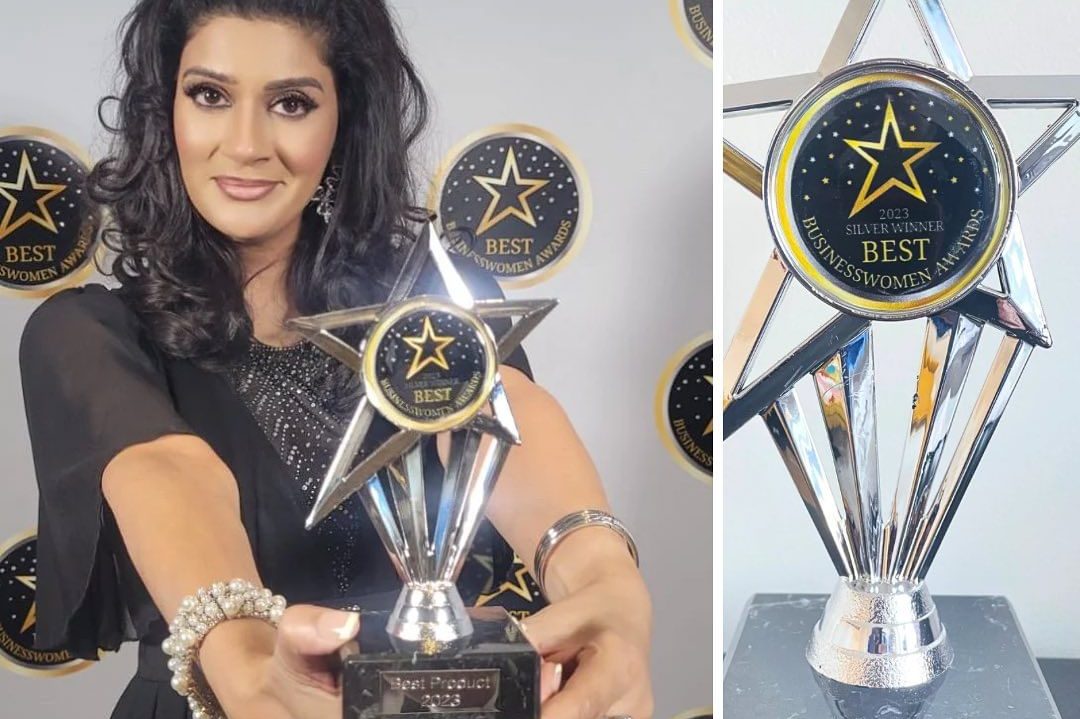
Join me as I have the pleasure of speaking with the unfiltered #RotiQueen, mental health prodigy, keynote speaker, and mother Sophia Choudry who has been awarded multiple times for her achievements. This time, she opens up about her journey through the highs and lows of mental health as a Muslim woman, and how we can stay productive with packed schedules, especially with Ramadan being around the corner.
It’s a common misconception that individuals facing mental health issues are unable to lead fulfilling lives or pursue their passions. However, Sophia has shattered this stereotype effortlessly. Not only is she a successful entrepreneur, but also a dedicated mother and wife. Despite facing her own battles, she refuses to be defined by them. Throughout our conversation, we explore how Sophia transformed her mental wellness and discovered peace through personal growth and faith. It’s a journey that’s shaped her steadfastness over the years.
A key takeaway from our discussion is the importance of prioritising personal growth. How can we extend goodness to others if we can’t be good to ourselves?
SAIRAH [FROM MUSLIM GIRL]: I want us to focus today primarily on the intersectionality between mental health and nutrition. But first, could you share a memorable childhood experience that has shaped who you are today so that we can pave the way for our discussion?
SOPHIA CHOUDRY: I was 10 years old, and my mom was walking me to school. My primary school was next door to a college. On that particular day, for the first time in my life, I saw a South Asian woman driving a red convertible sports car!! She drove into the college. I remember it so clearly, we had to wait on one side of the road so that she could drive past. I had never seen an Asian woman driving a sports car! It was amazing to me! I couldn’t believe what I had seen. I said to my mom, “Mam, look at her, look at her car!”
My mom, who was busy trying to get me to school on time, simply replied, “Well, if you work hard, you can have a car like that too one day.” That was the first time that I realised that hard work equated to some form of success, at that time, at that age, to me it was a fancy car. What my mom unknowingly did, was plant the seed that hard work is the key. She invertedly encouraged me to have a goal, a dream, and for a 10-year-old brown girl, driving a sports car was quite radical. I love how my mom didn’t restrict me. She made me feel like it was achievable.
Speaking of therapy, many individuals within communities hesitate to seek therapy due to cultural taboos. How would you encourage those facing similar hesitations to take the first step towards seeking help?
My heart aches for all the other people out there, in the same position as me, who have no idea that they too can heal from their past, that they can release the pain, that they can live with peace in their hearts and minds, that they can be free from pain. I’m blessed and so grateful that my husband knew I needed help, and that I had the right circle of friends who introduced me to personal development, which is how it all started. I am a completely different person from who I was before I started the therapy, I’m grateful for the progress I’ve made, and I often think if I hadn’t done this work, what would’ve become of me? Where would I be now? I dread to think.
I’ve always been very open about therapy because I know the benefits and the transformation that can occur from it. I hope I can reach others and encourage them to seek help if needed. I would love for others to experience the same life-changing things.
I would encourage people who have pain, unease, and difficulties — to understand where that pain is coming from, sometimes we just feel angry and hurt, and we don’t even know why, that’s your first sign, that’s something that is not right. Other times we know clearly that something has happened in the past that has caused us discomfort. It doesn’t always have to be a major incident, even something you deem as small can affect us, all these are things we have to bring to light, to the surface, because only then can we truly heal, move on, and find peace which will ultimately lead to a happier you.
As we are approaching Ramadan, we want to tap into faith as a source of mental strength. How do you find the strength to forgive and stay resilient, especially when facing challenges like racism, ignorance, and discrimination, in line with your Islamic teachings? And, how does this impact your mental well-being?
I’m very God-fearing, and I feel this is a blessing from a very young age. I always had a connection with Allah (SWT), I am genuinely afraid of doing the wrong thing, and in the early days, it was this fear that would always keep me on the right path. However as I’ve grown older and learned more about Islam, my relationship with Allah (SWT) has evolved and changed, it is now also led by love, the love to please my Lord, to do good things, to be a positive influence, and have a positive effect on everything I do.
Worried about approaching Ramadan because of eating disorders?
Here’s how you can deal with it this Ramadan.
I’m very conscious that everything I am and have has come from Allah (SWT), and I’m very conscious that he who gives can also take away. That’s why gratitude plays a massive part in my life. From being grateful to opening my eyes in the morning to hearing the birds. For me, gratitude can reframe negative experiences and is key to practice for happiness and fulfilment.
Forgiveness is something that you have to do if you want peace in your life, holding onto hate and resentment, even towards those who have wronged you, only harms you. Also, if I can’t forgive others, how can I expect the Almighty to forgive me, I’m human, I’m not perfect.
Nowadays I will do anything for peace of mind, I have come to realise that I can’t live my life expecting other people to have the same standards as me, that everyone’s got their own journey, their own beliefs, their own way of doing things and living their life, I have to respect that, I can’t judge. Forgiving, while it might not be easy, is ultimately for your own benefit. I now have the strength to walk away from people who are not good for me – just like food, I believe that people can be nutritious, and if there’s no nutrition and they are “bad for my health” I will walk away.
I now have the strength and the wisdom to do that which is why my mental well-being is no longer affected. Learning how to say no, and having boundaries are crucial and something that I’ve learnt with time. I’ve said there’s quite a few times but I truly believe peace of mind is the biggest happiness that you can have so it’s your responsibility to protect it and keep it safe at all cost.
How do you ensure your mental health remains strong during this period? Are there specific exercises or self-care practices you incorporate?
During Ramadan, apart from the critical work that I need to do, everything else is put on hold, it’s 30 sacred days to recharge my faith batteries, to reset, to reconnect, to strengthen and I don’t want to sacrifice this precious time for anything. Everything can wait till Ramadan is over.
I try to avoid leaving the house and mentally and physically put myself in the “Ramadan zone”. For me, Ramadan is like a new year, to ditch old habits to create new ones, to start as you mean to go on, to cleanse your mind, to make time to do those things that normally everyday life can stand in the way of, for example reading the Quran, understanding the Quran, this is something that I typically do not have time for but I must make time for.
During Ramadan, apart from the critical work that I need to do, everything else is put on hold, it’s 30 sacred days to recharge my faith batteries, to reset, to reconnect, to strengthen and I don’t want to sacrifice this precious time for anything.
It has been because of previous Ramadans that I’ve been able to maintain the discipline of praying five times a day so for me it is a very special time of year and something which I would never take lightly or for granted. In terms of any specific exercises I just minimise my work, fasting is challenging, so I try to make things as easy as possible, things like making sure I start preparing food in advance so I’m not rushing and putting myself under stress, so I have plenty of time to read my prayers and yes that does mean that my work is sacrificed, but that’s something that I’m okay with. It’s really all about performing as much Zikr as possible and staying consistent through the whole month.
On a practical note, can you share some go-to nutritious recipes or food choices that you find particularly uplifting and nourishing for both body and mind during Ramadan?
The only advice that I have for this question is when you get up for Suhoor and do not feel hungry, or don’t feel like eating a lot, because obviously, it’s very difficult sometimes for some to eat that early time in the morning, at the minimum, have a protein shake, there’s so many out there on the market, look for one with the most protein and vitamins and minerals
I feel like that as a minimum should be what you’re having, I’ve also noticed that on the days when I don’t have a milkshake and have something else I always feel more hungry so my advice is lots and lots of protein!
When breaking your fast, don’t go crazy fried foods are nice for a treat but to have them every day is really not healthy, we must remember to eat in moderation and to respect the fast.
Time management is a skill many aspire to master, especially as an entrepreneur you must have a lot on your plate. Can you share your personal strategies for balancing the demands of running a successful business, being a mother, and maintaining your own mental health as a Muslim woman?
If I’m quite honest, I wasn’t very good at this in the early days. I’ve always been a super organised person. In my corporate job, I’m a project manager, so my life runs from lists and spreadsheets and time blocking. What I didn’t realise when I started my own business was how obsessed I would be with working on my business. I’ve always been the type of person who loves her sleep, but when I started my business, working was more important. I lived and breathed work and the strange thing was, I loved it! I could quite easily work till two or three in the morning. Go to sleep for a couple of hours then wake up and start working again.
Despite this crazy routine, there were some boundaries that I always had, and that was that when my children were home or awake I would be present with them, no matter what, so these crazy hours would usually be when they were at school or asleep. I never wanted them to say I didn’t do this or I didn’t do that because I was working so that was one thing I knew for sure, no matter what, family first and that’s a rule that I’ve always lived my life by. At the end of the day, they are who I’m doing this for, so they must always know that they are my number one priority.
I learned how to meditate so I could free my mind, I bought apps to help me go to sleep, and they really worked. I’ve got even more organised with more apps that help me plan my day hour by hour so I can maximise every minute while the children are at school. Now my routine is amazing. I wake up super early in the morning to read Fajr, I meditate, I plan my day, and then I go for a walk.
When I come home it’s time to wake the children. I also make sure that my day finishes when they come home from school. If I have work that needs to be done, I’ll wait till they’re in bed and even then I’ll make sure I don’t work for longer than one or two hours because I need to be in bed by a certain time so I can wake up for my morning routine. I also try and go to the gym when I can because health should be your own personal number one priority but don’t manage to go as often as I would like.
Shifting to your role as a mother, how do you approach parenting to ensure the mental well-being of your children, especially considering your own experiences growing up?
First and foremost, they must know that they are loved. This to me is the core of everything. To know that your parent is on your side, that they have your back and want you to be the best, most brilliant person possible, that they believe in you and have faith in you. I pay special attention to doing this for my children, something I never had. I don’t blame my parents for this, they never had this either and I know they did their best for me and will always be grateful. Positive thinking and gratitude are big in my home.
Brace yourself! You’re about to go on a rollercoaster ride that you can’t even imagine! There are going to be ups and there are going to be a lot of downs, so throughout it all always focus on your why. Be very clear on why you’re doing this because the days when you feel like giving up it is that why will motivate you to keep going.
In regards to mental health, I think people need to start normalising it’s ok not to be a superwoman! It’s ok if the dishes are left till the morning, it’s not the end of the world if the laundry is left for a day because quite simply, you can’t do it all, not 100% perfect anyway. So settle for things being 80% so that life can operate, if you seek perfection in all areas you will fail.
Burnout is real, so listen to your body. If you’re tired, sleep. You are first a human being, and your well-being is crucial, so do what you can to be mentally and physically as healthy as you can be – just small regular steps every day can make a big difference, like a 15-minute walk, no sugar, and lots of water. The reality is that when you’re not functioning, everything falls apart. So look after yourself, you’re most important. You can’t serve from an empty cup so always keep it topped up.
Lastly, has there been any other creative use for Rotibox that stands out in case we want to be creative this upcoming Ramadan? Additionally, what else can we expect to see from you in the future?
Aside from roti, it has been used for naan, pizzas, biscuits, scones, and even rasmalisi! Anything where you want to contain mess you can use this for. In the future I hope to continue growing the brand globally to reach and help as many customers as possible, to make their lives easier, and to keep our South Asian culture alive.
I aim to elevate my philanthropic efforts and contribute to more charitable projects, in addition to feeding the hungry I would love to open an academy to teach young adults from underprivileged backgrounds the skills to start their own businesses.
Speaking at TEDx has been a huge milestone and I would love to grow in public speaking, not just to refine my skills but to give back and offer guidance and inspiration drawn from my own experiences to empower and support others on their paths.
Last but not least, I would love to start a consulting business to coach aspiring entrepreneurs under the brand ‘The Unfiltered Entrepreneur.’ My mission is to offer unfiltered, raw insights into the essential elements of building a successful business. Through straight-talking guidance, I aim to empower and guide individuals on their entrepreneurial journey, demystifying the challenges and sharing the authentic strategies needed for success.
Follow Muslim Girl on all our social media platforms for more groundbreaking scoops about Muslim women from around the world!
What's Your Reaction?









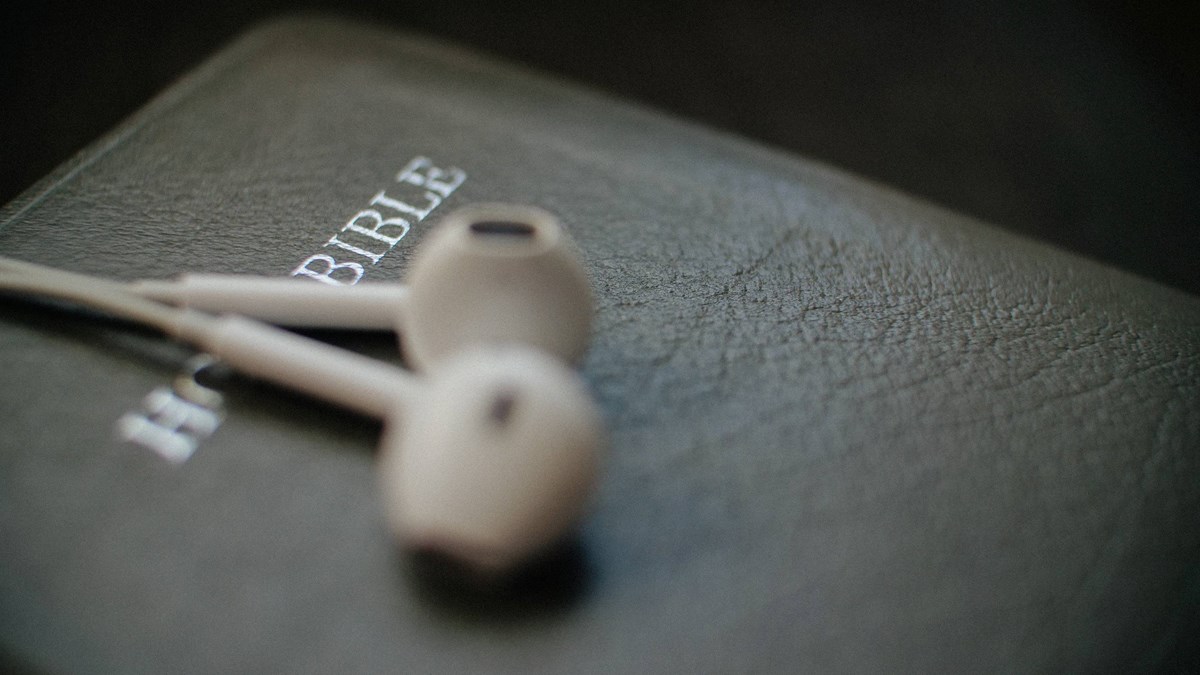

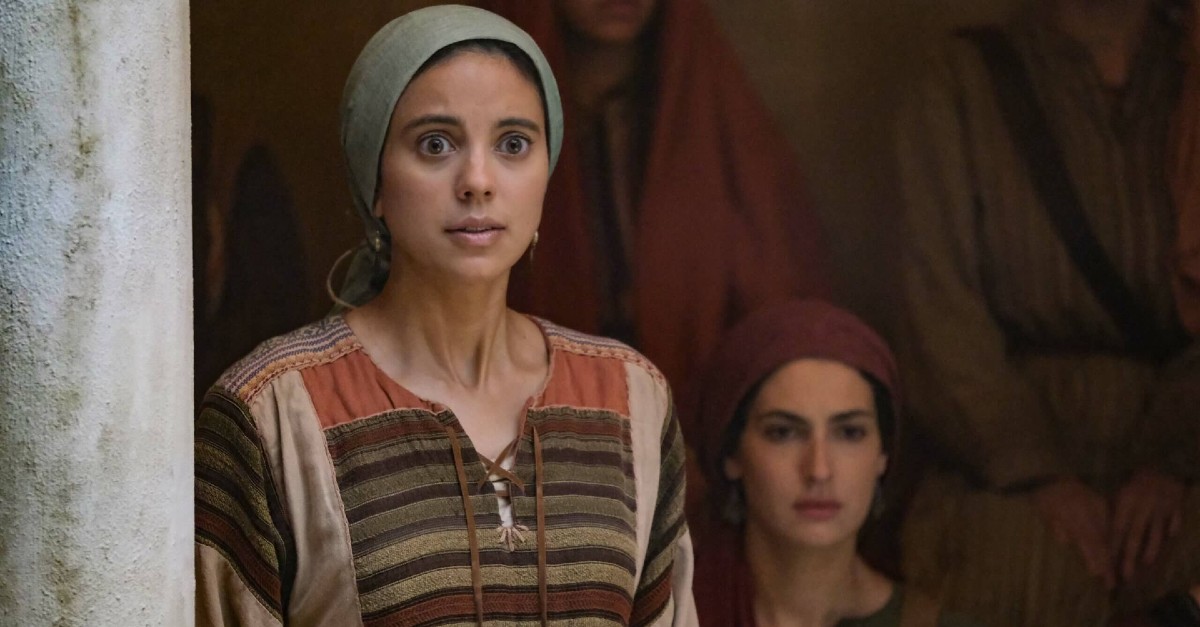


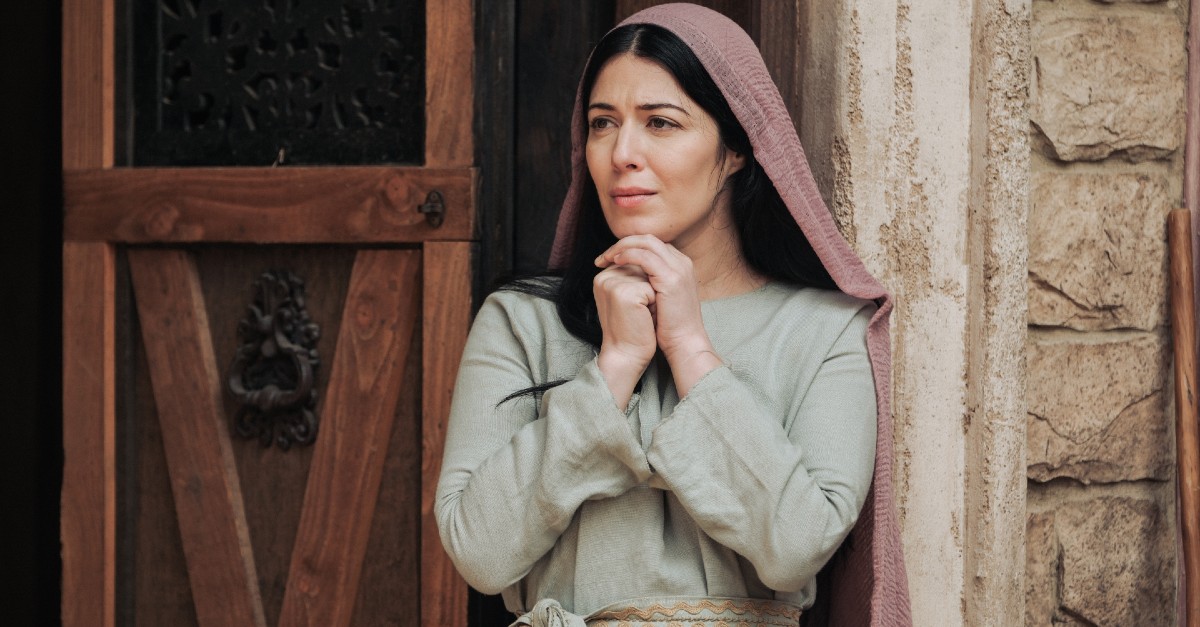





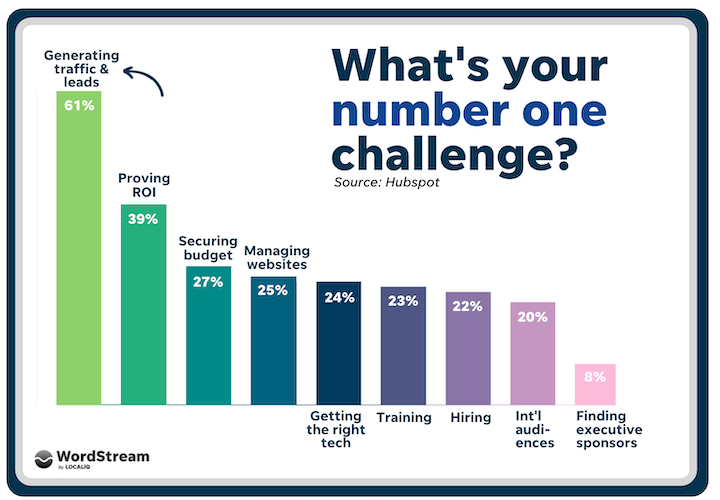

![Canva Tutorial For Beginners | How to Use Canva Like PRO [FREE] | Canva Full Course](https://img.youtube.com/vi/yWJp7gQqCQ8/maxresdefault.jpg)
